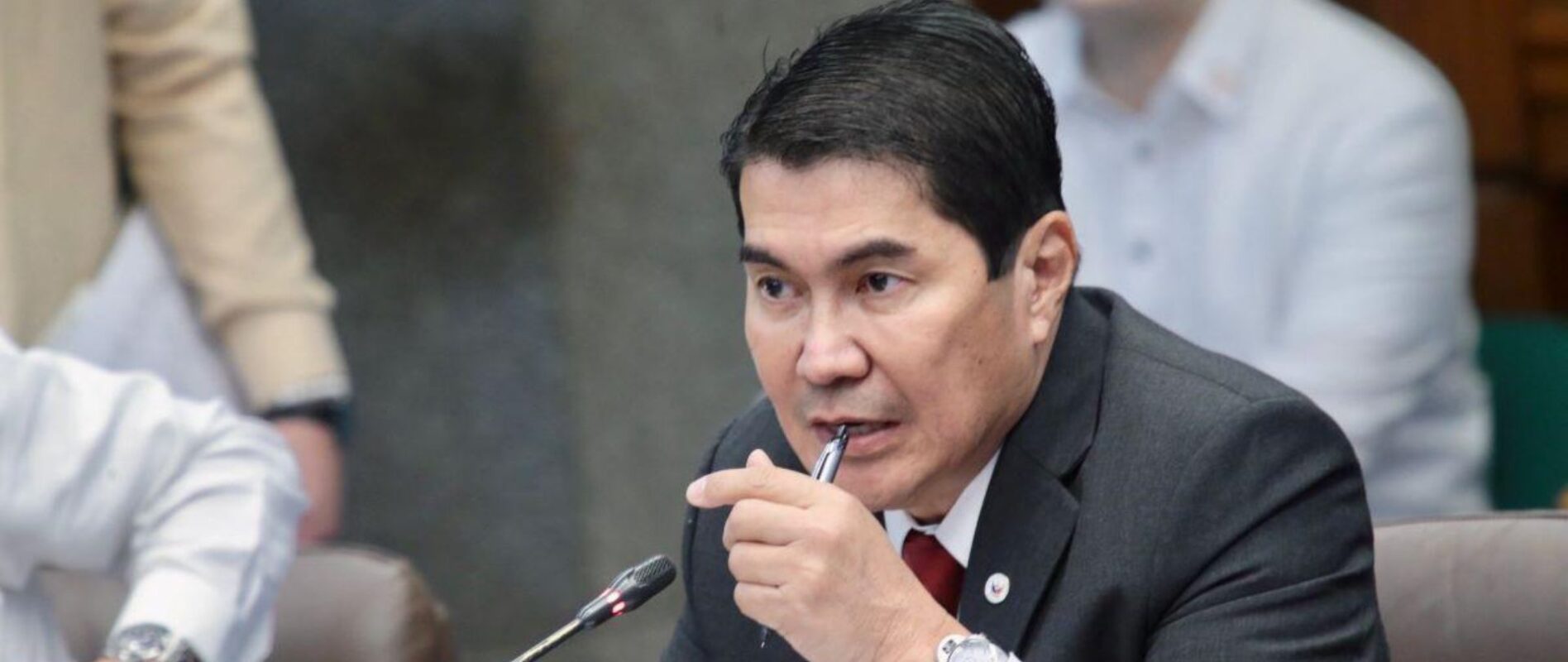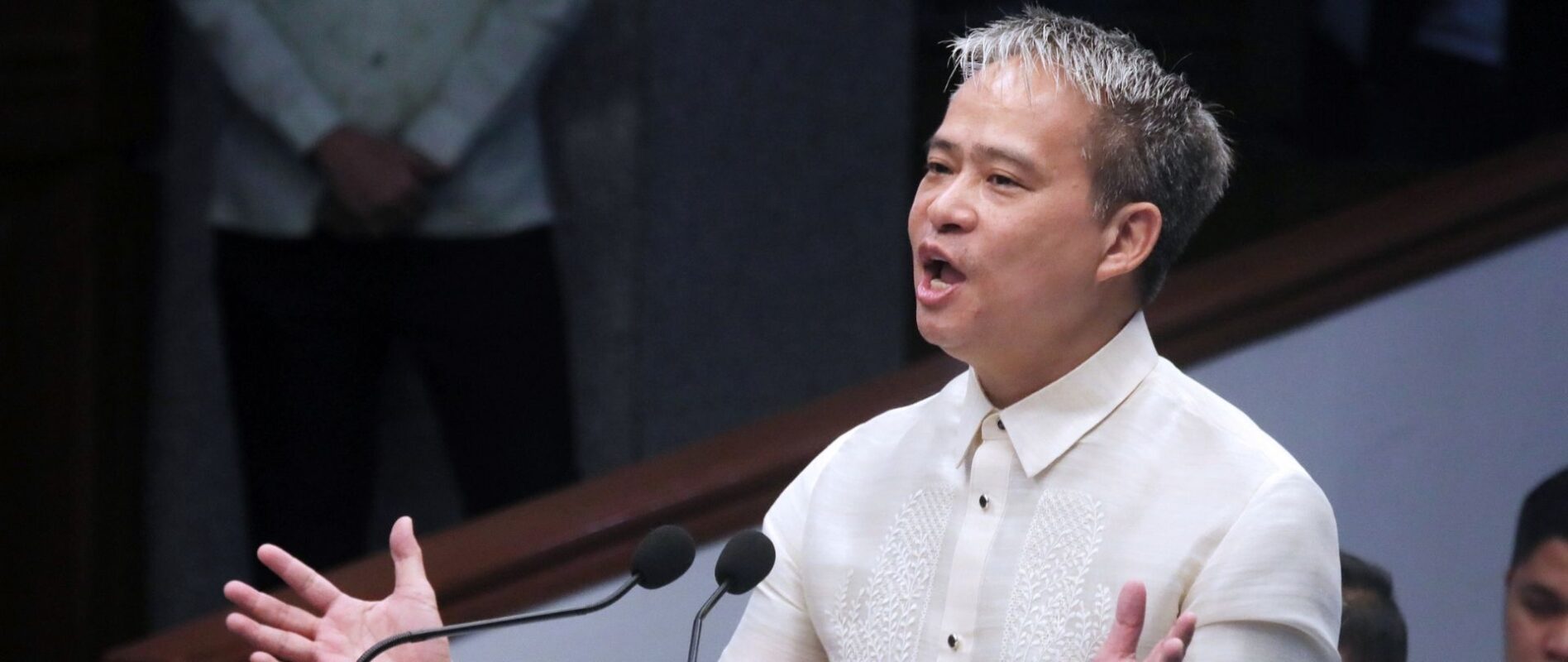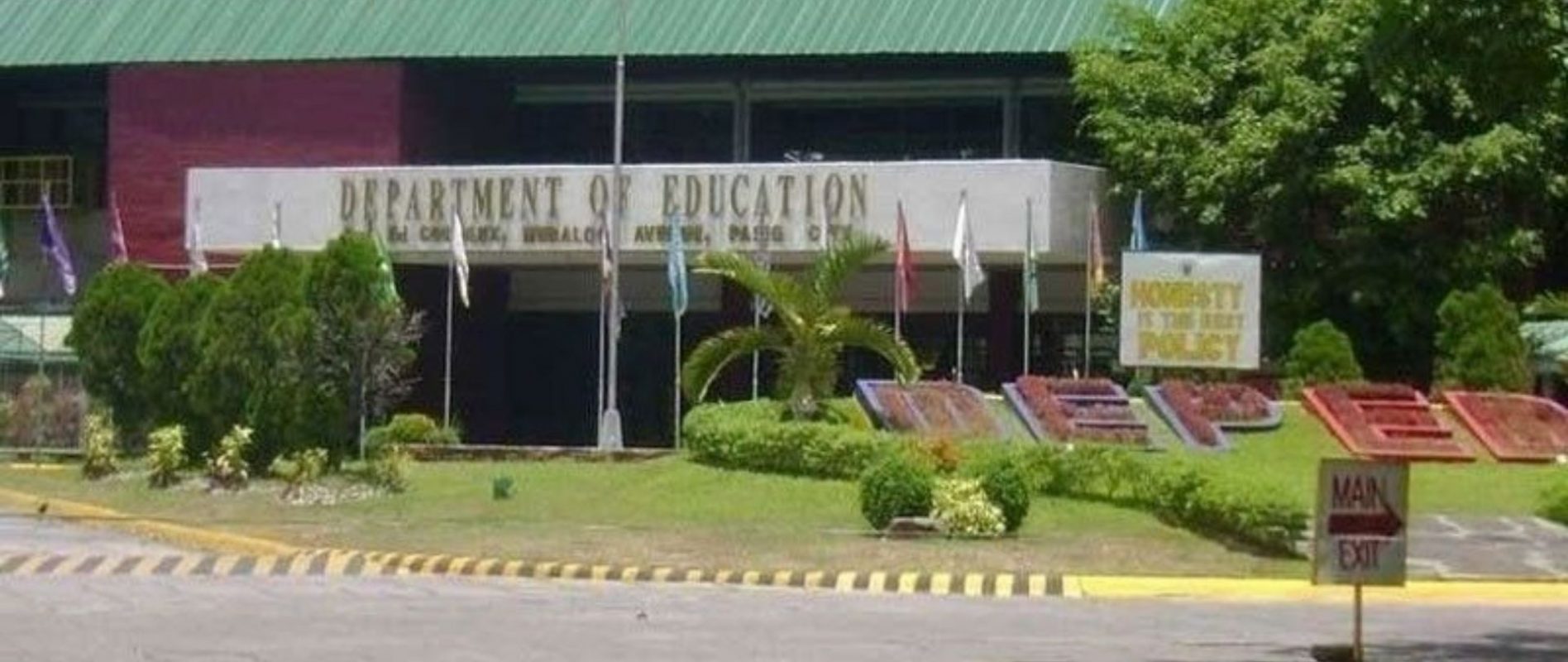JOE BIDEN JUST WON THE US NATIONAL ELECTIONS AND HERE’S WHAT THIS MEANS FOR US
President-elect Joe Biden has yet to assume his post in the White House. But what can the Filipino people expect under his presidency? Here is what we know so far.
With 290 electoral votes, Democratic challenger Joseph Robinette “Joe” Biden has won the US Presidential elections on Sunday morning (PH time). His supporters flocked in streets across America to celebrate the defeat of incumbent President Donald Trump who was only able to collect 214 electoral votes.
But what can we expect under a Biden-led US administration? Here is what we know so far.
Raised in Scranton, Pennsylvania, and New Castle, Delaware, Biden was able to earn his law degree from Syracuse University.
His first experience as a public official dates back to 1970 when he was elected the New Castle County Councilor in 1970. In 1972, the 29-year-old Biden ran for a senatorial post and was eventually named the “sixth-youngest senator in American history.”
Before winning the US Presidential seat, Biden unsuccessfully ran for the Democratic presidential nomination in 1999 and in 2008.
He also served as US Vice President from 2009 to 2011 alongside former President Barack Obama.
American-Filipino Diplomatic Ties
According to Albay 2nd District Representative Jose Maria “Joey” Salceda, the Philippines is expected to ease its diplomatic ties with the US under Biden’s presidency.
“A Joe Biden presidency will ease the deadlock on US stimulus talks, which would positively impact the country, as the US is one of our largest trade partners, export markets, and sources of investment,” Salceda said in a statement, adding that the “US would go back to a position of global leadership in international development.”
“Biden will likely scale back the ‘America First’ policy on global cooperation and will return to an emphasis on multilateralism. This bodes well for the Philippines’ access to the Covid-19 vaccine, should it come from the Philippines,” Salceda said.
US’ Position on the PH South China Sea Claims
In July 2020, Department of Foreign Affairs (DFA) Secretary Teodoro Locsin Jr. called for China’s compliance with the 2016 ruling of the UN-backed Permanent Court of Arbitration in The Hague, saying that it “conclusively settled the issue of historic rights and maritime entitlements in the South China Sea.”
“The Tribunal authoritatively ruled that China’s claim of historic rights to resources within the sea areas falling within the ‘nine-dash line’ had no basis in law–the award is non-negotiable,” Locsin said.
The Chinese government has nullified the country’s claim of the South China sea by refusing to acknowledge the four-year-old arbitration ruling.
“China’s position is consistent, clear, and firm. The South China Sea arbitration and its so-called award are illegal and invalid,” the Chinese embassy said in a statement. “China does not accept or participate in the arbitration, nor does it accept or recognize the so-called award.”
In 2016, the Permanent Court of Arbitration (PCA) ruled that China had violated Philippines’ sovereign rights by interfering with the country’s fishing and petroleum exploration, constructing artificial islands, and failing to prevent Chinese fishermen from fishing in the zone.
It also said that Philippine fishermen have traditional fishing rights at the Scarborough Shoal, and that China interfered with these rights by restricting access.
“The Tribunal further held that Chinese law enforcement vessels had unlawfully created a serious risk of collision when they physically obstructed Philippine vessels,” the PCA said.
In an interview, Philippine Ambassador in Washington DC, Jose Manuel “Babe” Romualdez assured that the country can enjoy the US’ support in its claim over South China sea.
“We don’t know what the Biden administration would do, although we’ve had some discussions with some of their foreign policy advisors of the Democratic party and they said that for instance, the South China Sea – where they recognized the Trump administration has clearly indicated that they recognize the arbitral win of the Philippines – will be maintained. So that’s good in one way,” he said.














